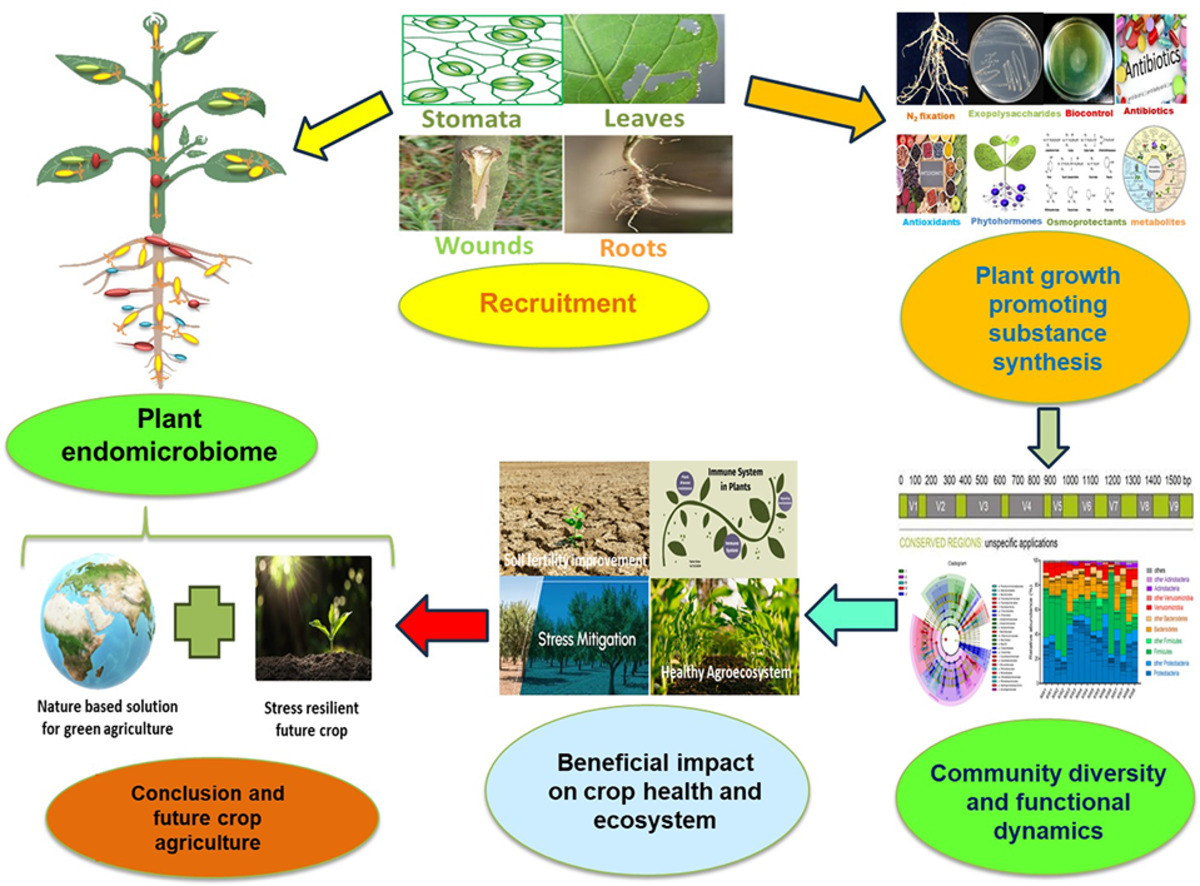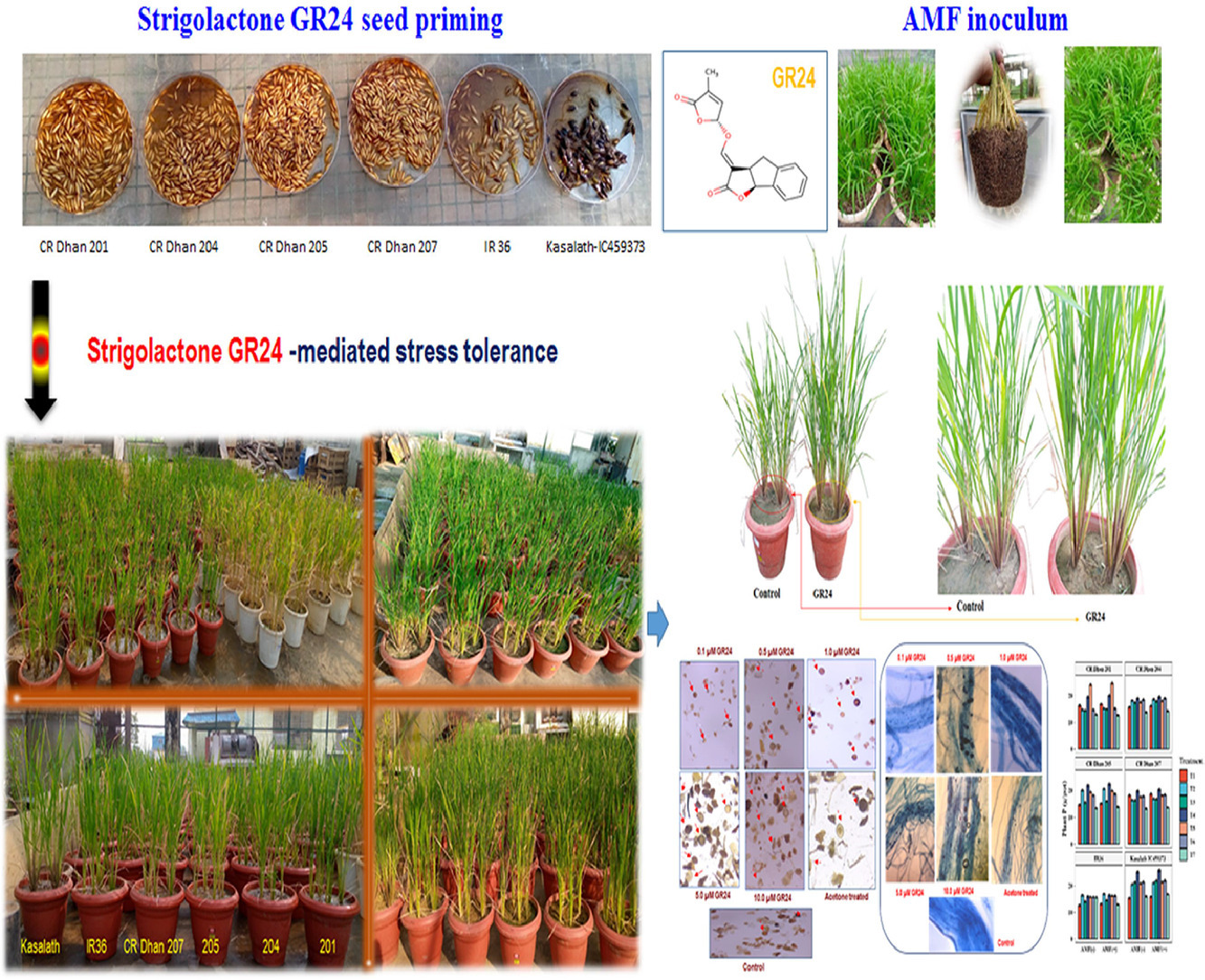Elsevier,
Engineering Applications of Artificial Intelligence, Volume 127, January 2024
The researchers examined the use of footwear that incorporates force-sensing resistor sensors to classify lower limb disorders affecting the knee, hip, and ankle joints. The outcomes of the study reveal promising findings for future gait analysis and injury diagnosis, and the potential of force-sensing resistors (FSRs) and machine learning techniques for improving the assessment of lower limb injuries, and thereby furthering SDG3.
Elsevier,
International Journal of Clinical and Health Psychology, Volume 24, 1 January 2024
This study indicates that among people with higher levels of disability, engaging in physical activity is linked to more effective stress coping through enhanced self-efficacy. However, this effect was not observed among people with low levels of disability.
Elsevier,
One Earth, Volume 7, 19 January 2024
The paper presents a scientific framework for assessing marine biodiversity and reveals significant gaps in our understanding and protection of ocean biodiversity, emphasizing the need for more strategic conservation efforts to safeguard marine ecosystems and their contributions to human well-being.
Elsevier,
Journal of Process Control, Volume 133, January 2024
The authors put forward a mathematical model for examining the impact of water, sanitation and hygiene (WASH) services on reducing the transmission of waterborne diseases such as enteric diarrheal disease (EDD). It is found that wastewater and sewage treatment (WST) control has the most significant impact in terms of WASH interventions employed. The findings have could have very important public health potential and tie in strongly with the goals of SDG 6.
Elsevier,
Journal of Water Process Engineering, Volume 57, January 2024
Pakistan's water resources experiencing mounting pressure. UN SDG 6 provides a roadmap for achieving sustainable water management. Long-term planning and community engagement are key to success. Policy recommendations include efficient pricing and climate change integration.
Elsevier,
The Lancet Planetary Health, Volume 8, January 2024
This study supports SDGs 3, 6, and 14 by highlighting the importance of freshwater biodiversity for human and planetary health, and suggesting that local and regional efforts for monitoring and improving ecosystem health are essential for reversing the current crisis in this area.
Elsevier,
Current Research in Microbial Sciences, Volume 6, January 2024
Plants have a microbiome, a diverse community of microorganisms, including bacteria, fungi, and viruses, living inside and on their tissues. This review article contains deeper insight in endomicrobiome related research work in last years, recruitment, niche development, nutrient dynamics, stress removal mechanisms, bioactive services in plant health development, community architecture and communication, and immunity interplay in producing stress resilient future crop.
Elsevier,
Current Research in Microbial Sciences, Volume 6, January 2024
Strigolactones (SLs) are a new class of plant hormones that play a significant role in regulating various aspects of plant growth promotion, stress tolerance and influence the rhizospheric microbiome. GR24 is a synthetic SL analog used in scientific research to understand the effects of SL on plants and to act as a plant growth promoter.



